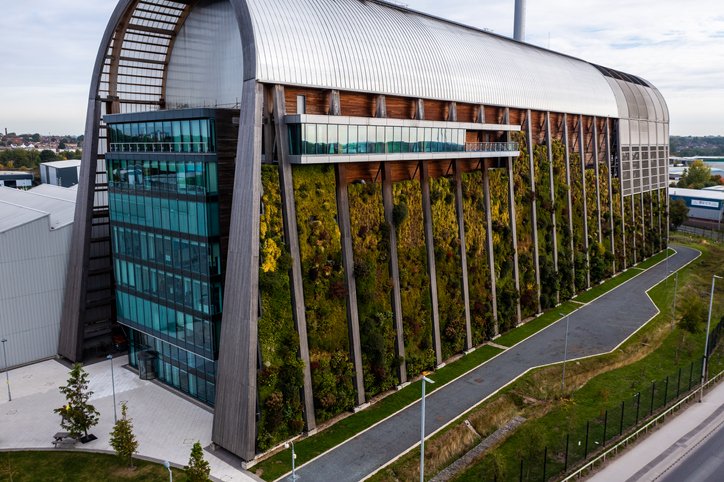What CANZ be done? features case studies on the joined-up CANZ action being taken by cross-party local leaders in Birmingham City Council, the London Borough of Camden, Hertfordshire County Council, Leeds City Council and Nottingham City Council.
It will be sent directly to Defra with a plea from UK100 for ministers to reconsider their reluctance to engage with the issue.
‘Linking activity on Clean Air and Net Zero can help drive your officers together, your politicians together, and your communities together over action which is bigger than the sum of its parts.’
MATTHEW CLARK
Programme manager of Air Quality at Hertfordshire Council Council
Empowering local leaders
The letter to ministers also requests a meeting with the secretary of state to discuss how UK100 can support the government to empower local leaders across the country to follow Birmingham, Camden, Hertfordshire, Leeds and Nottingham’s lead on CANZ.
From a Clean Air Zone in Birmingham to region-wide collaboration in Hertfordshire, the report uses case studies to highlight the local authorities already taking action to exploit the four key ‘win-wins’ of CANZ:
Supporting a transport shift away from private car reliance; making homes warmer through insulation and energy-efficiency measures while switching to fossil-fuel-free heating systems; working with the agricultural industry to support less intensive farming and reduce the level of ammonia emissions and empowering local communities to make informed choices with more data transparency and access.
At the same time, however, the report restates the policy areas where a careful balance between the clean air and Net Zero agendas is necessary, including learning the lessons of dieselgate and carefully considering which vehicles are most beneficial overall as the UK transitions away from petrol and diesel-only vehicles; balancing the carbon emission reductions linked to ‘low carbon’ heating fuels, like biomass and hydrogen, with the negative impacts on local air quality; understanding the unintended consequences of poorly designed tree planting and green infrastructure policies and considering the trade-off associated with air-tight energy efficiency schemes and the ventilation needs to improve indoor air quality.
‘The benefit we’ve got from our structure is having a wide team who have a really deep understanding of the two issues – so when people are working on specific projects they can understand the implications for both.’
POLLY COOK
Chief officer, Sustainable Energy and Air Quality at Leeds City Council
Alongside case studies from Birmingham City Council, the London Borough of Camden, Hertfordshire County Council, Leeds City Council and Nottingham City Council, What CANZ be done? makes an honourable mention of the work being done by Bath and North East Somerset Council, Wiltshire Council, Southampton City Council and Cornwall Council.
 Play Video about This Rock Might Just Save The World
Play Video about This Rock Might Just Save The World Play Video about Play 2 hours of rock
Play Video about Play 2 hours of rock Play Video about Play 2 hours of brook
Play Video about Play 2 hours of brook Play Video about Play 2 hours of sheep
Play Video about Play 2 hours of sheep















































